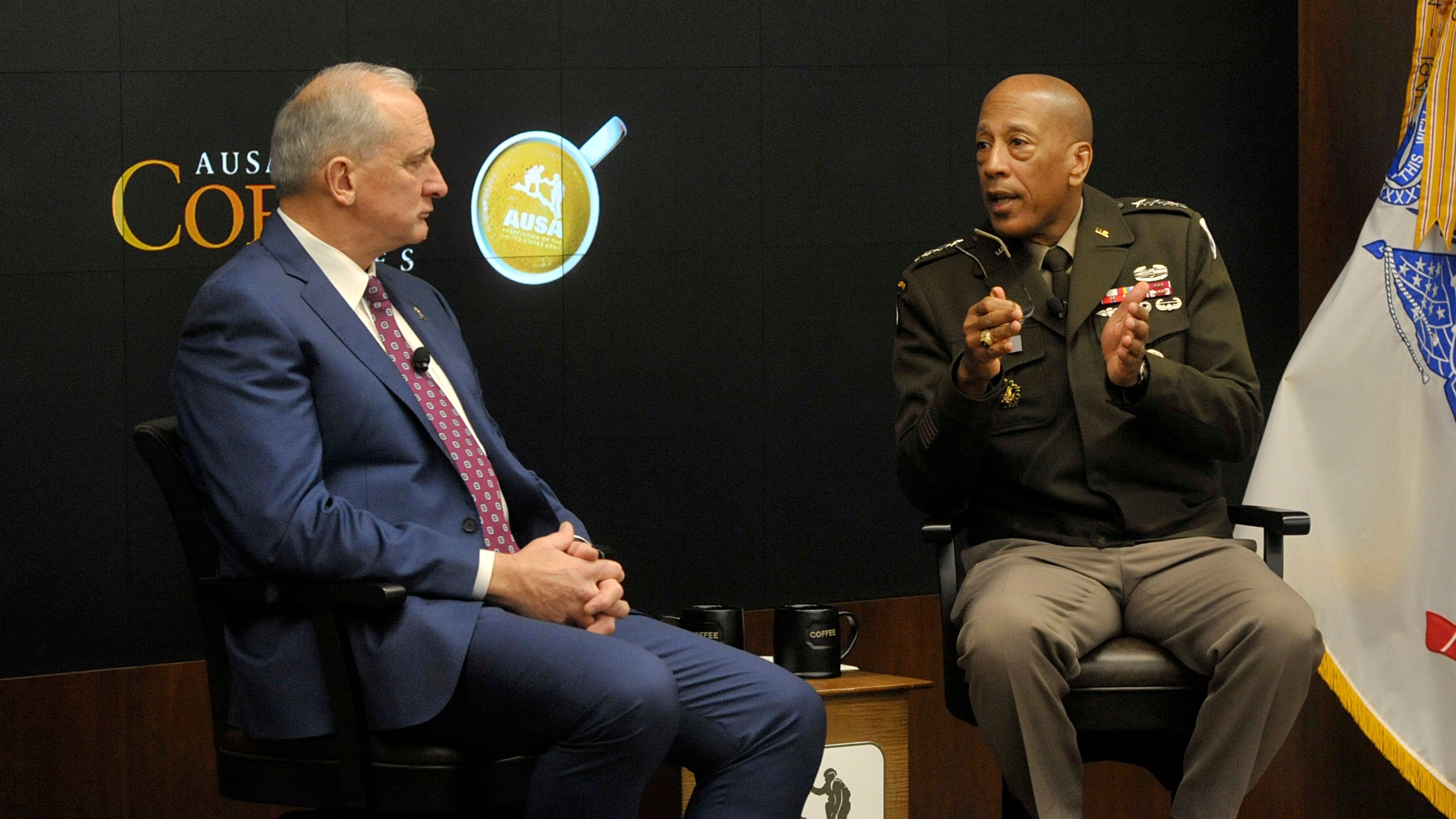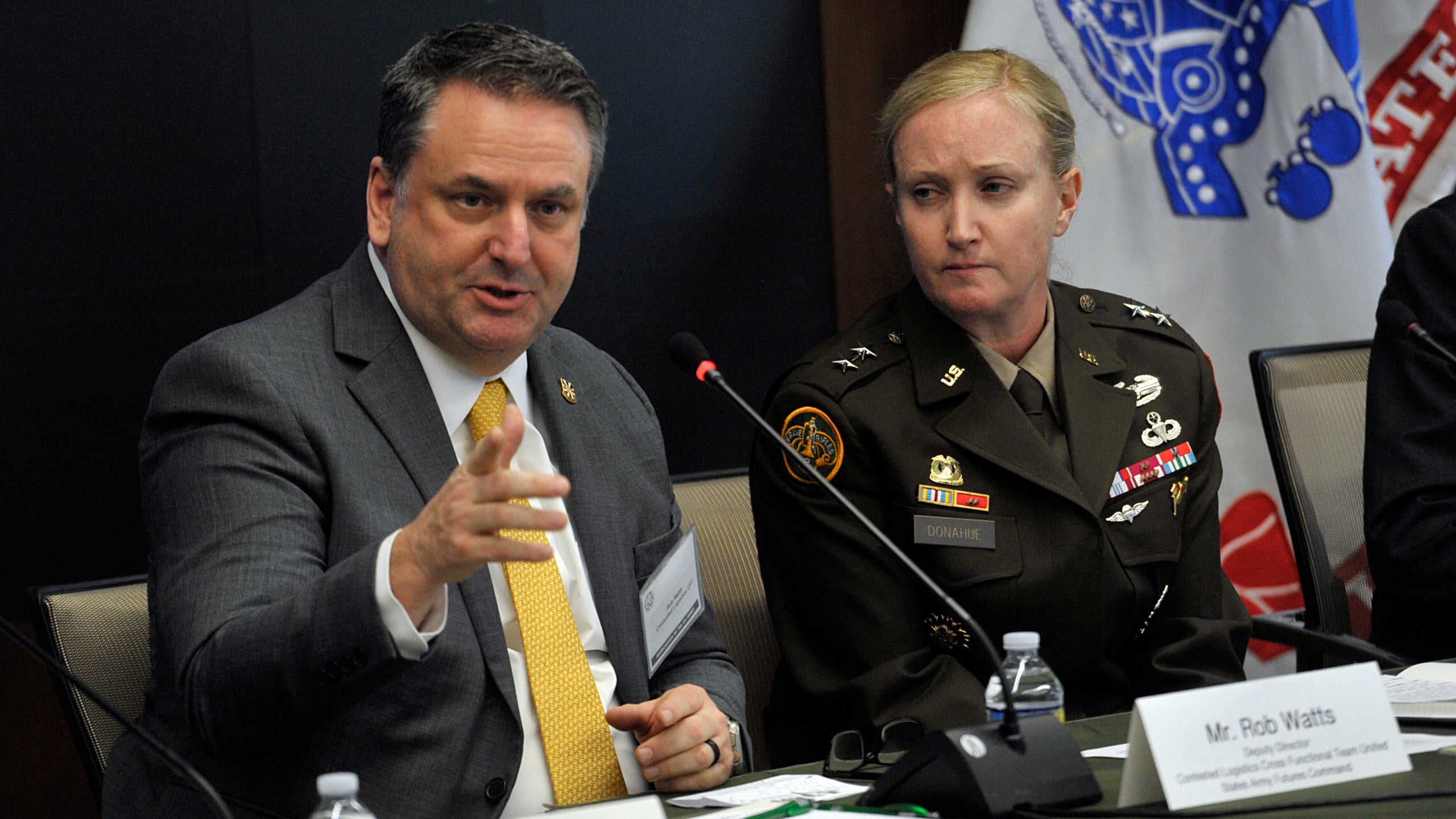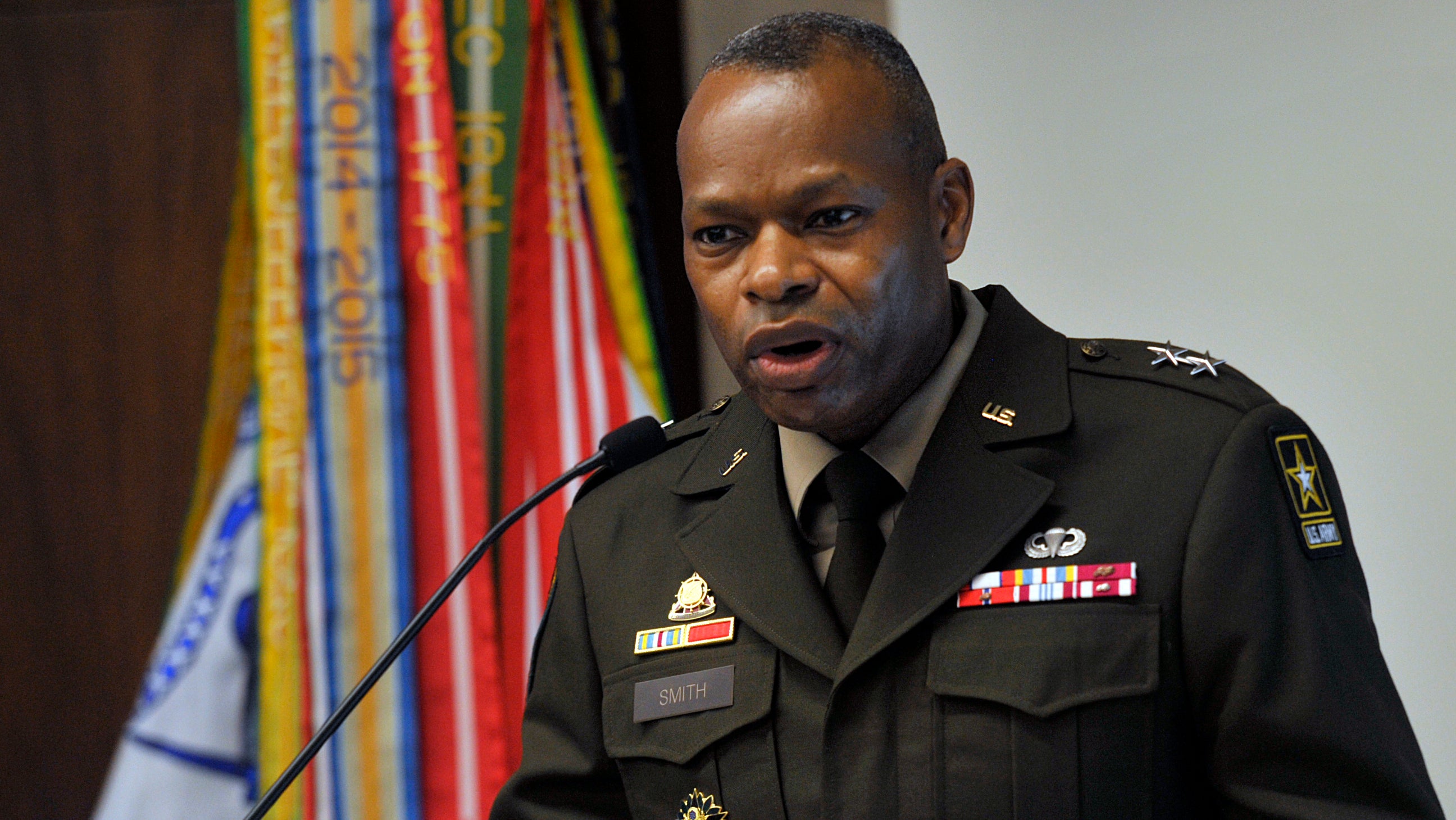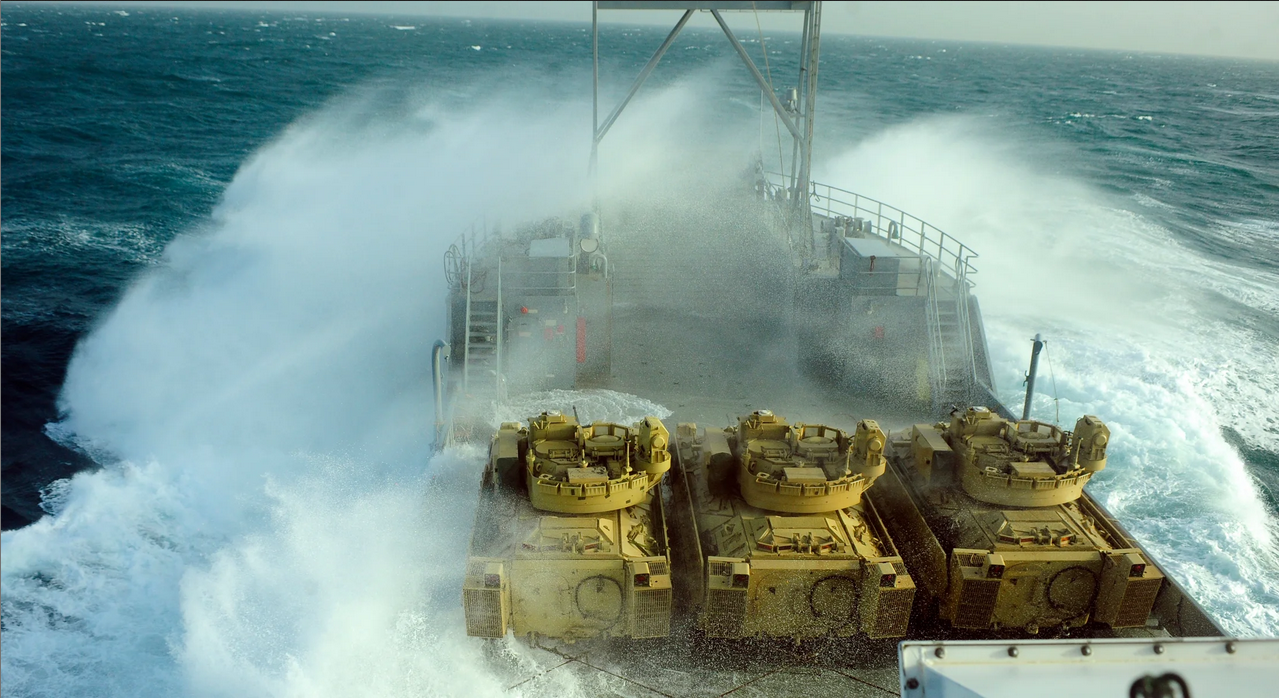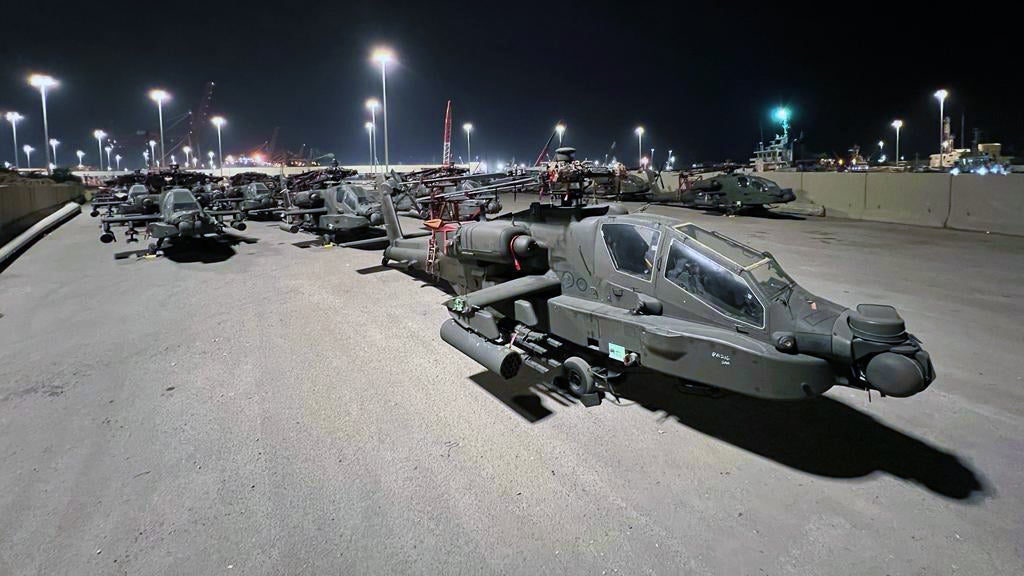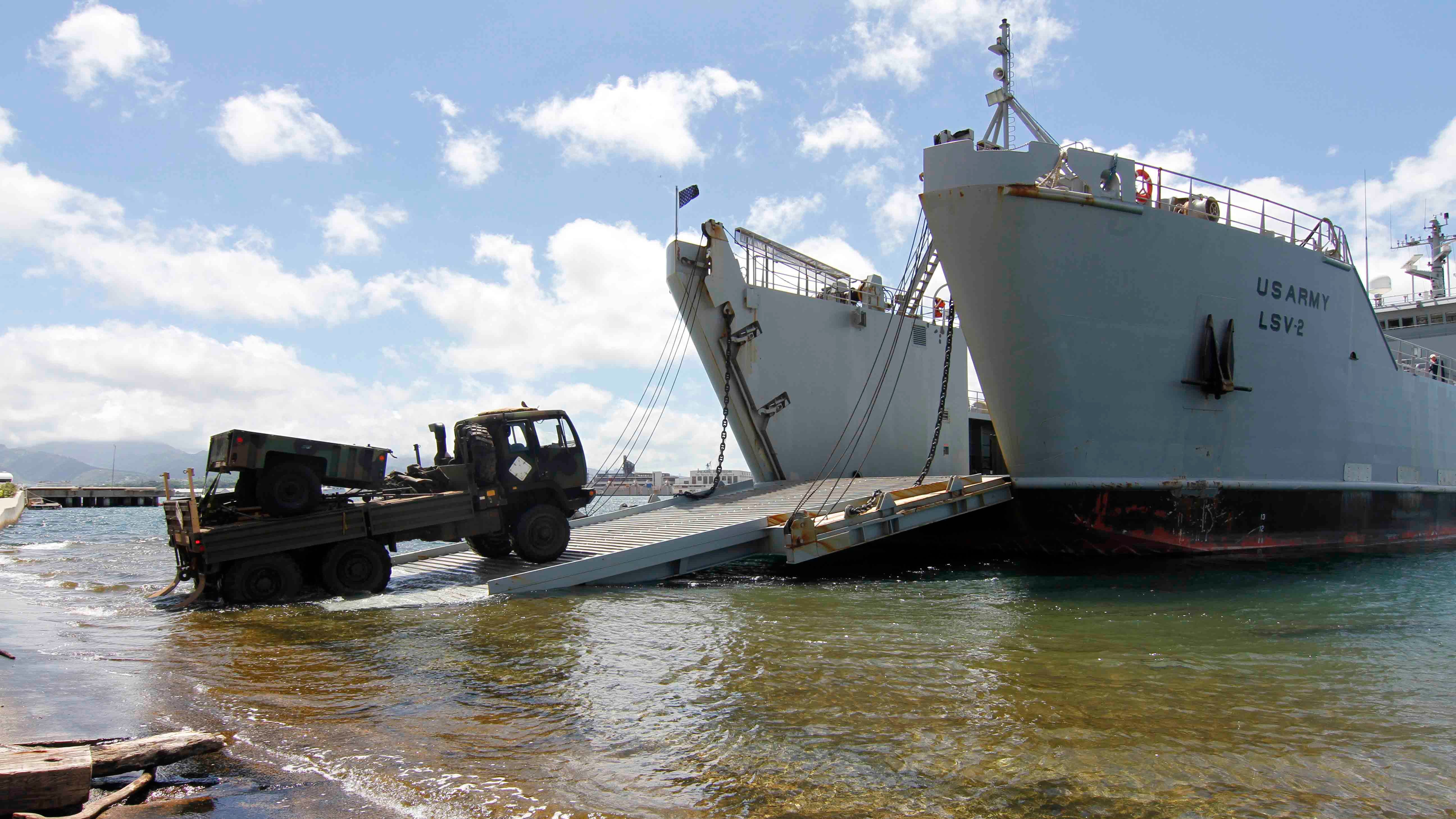Data, Integration Key to Army Logistics Readiness
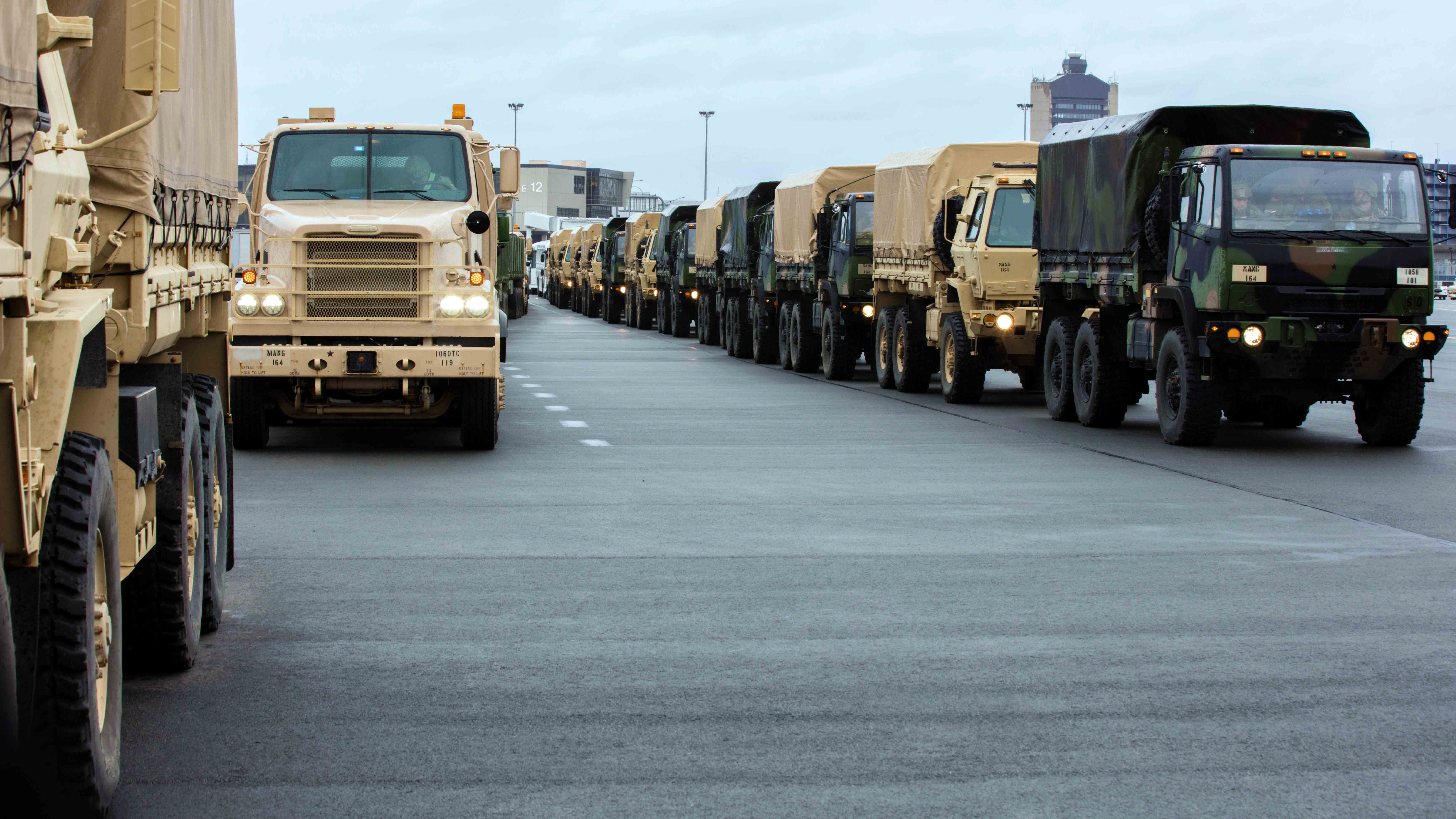
The Army must sharpen its ability to use data in more targeted ways as it works to build—and protect—its contested logistics capabilities, a panel of experts said at a Hot Topic forum sponsored by the Association of the U.S. Army.
“What can the total Army do now to keep those supply lines open in the future, knowing that most likely cyber and information attacks are going to degrade operations?” said Col. Kristine Henry, who works on cyber and information operations special projects for the Maryland National Guard.


